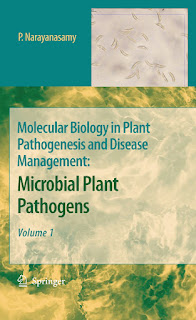Over 500 prokaryotic genomes have been sequenced to date, and thousands more have been planned for the next few years. While these genomic sequence data provide unprecedented opportunities for biologists to study the world of prokaryotes, they also raise extremely challenging issues such as how to decode the rich information encoded in these genomes. This comprehensive volume includes a collection of cohesively written chapters on prokaryotic genomes, their organization and evolution, the information they encode, and the computational approaches needed to derive such information. A comparative view of bacterial and archaeal genomes, and how information is encoded differently in them, is also presented. Combining theoretical discussions and computational techniques, the book serves as a valuable introductory textbook for graduate-level microbial genomics and informatics courses.
Computational Methods for Understanding Bacterial and Archaeal Genomes Free Download
February 21, 2022

You may also like
This reference introduces a variety of mathematical models for biological systems, and presents the mathematical theory and techniques useful in analyzing...
Morphological, biological, biochemical and physiological characteristics have been used for the detection, identification and differentiation of fungal...
Virtually every area of research associated with sharks and their relatives has been strongly impacted by the revolutionary growth in technology. The questions...



Add Comment